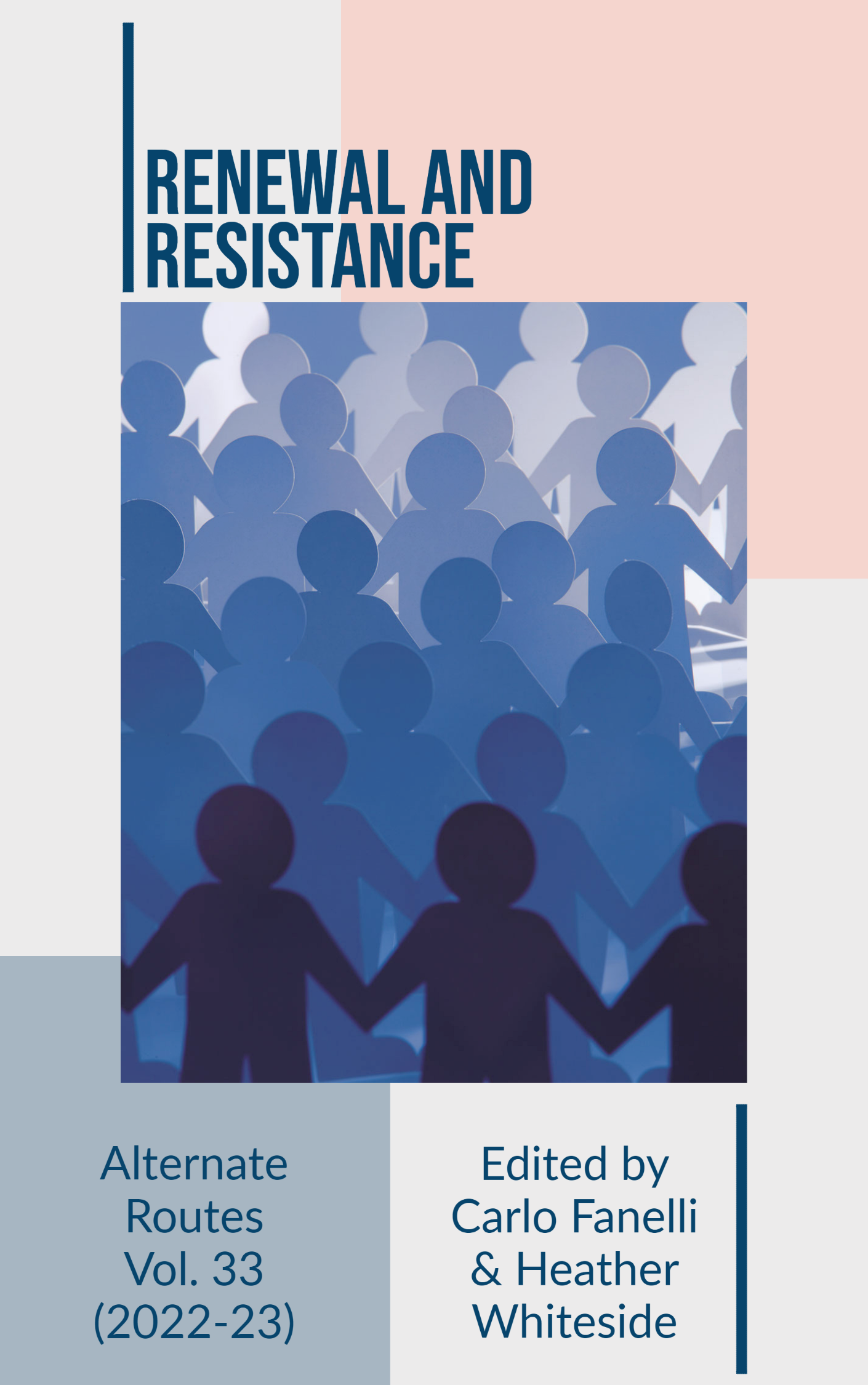Precarity and Processes of Classification: Conflictual Concepts of Class, Labour-Power and Caring
Abstract
This article presents exploratory research on precarity and aims to contribute to the debate around class and precarity. The social conditions of people in precarious employment are interpreted as conditions of daily struggles, which are conceptually linked to a broader and conflictual concept of class. Conflicts and daily struggles within precarity are then central for the approach of this research. The concept of labour-power is centralised to understand how the precarisation of employment is connected to social processes around class. For participants, being in paid employment is crucial in order to attain decent standards of living, that is: they have to be able to sell their labour-power as a commodity. I conclude that being in precarious employment tends to reduce workers to simple owners of labour-power and tends to destabilise the material basis for caring.
Downloads
Published
How to Cite
Issue
Section
License
Copyright (c) 2023 Alternate Routes: A Journal of Critical Social Research

This work is licensed under a Creative Commons Attribution-NonCommercial-NoDerivatives 4.0 International License.
Articles are published in Alternate Routes: A Journal of Critical Social Research under the Creative Commons "Attribution/Non-Commercial/No Derivative Works" Canada licence.
The copyright for the articles published in this journal is retained by the authors, with first publication rights granted to the journal. By virtue of their appearance in this open access journal, articles may be used, with proper attribution, in educational and other non-commercial, not-for-profit settings. The submission of a manuscript to Alternate Routes will be taken to mean that the author understands and agrees to the following:
- the manuscript represents original work not previously published;
- the manuscript is not being considered elsewhere for publication in the same language (publication elsewhere in an alternate language does not preclude acceptance of submission to Alternate Routes);
- appropriate written copyright permissions have been secured for republication of any copyrighted material contained in the manuscript;
- copyright for this article is retained by the author, with first publication rights granted to Alternate Routes;
- by virtue of its appearance in this open access journal, it is understood that the article is freely available for use, with proper attribution, for educational and other non-commercial purposes;
- reuse of the article for commercial purposes by anyone other than the author requires permission of the author;
- the author agrees to cite Alternate Routes as a source whenever h/she later republishes or reuses the article in other platforms.


